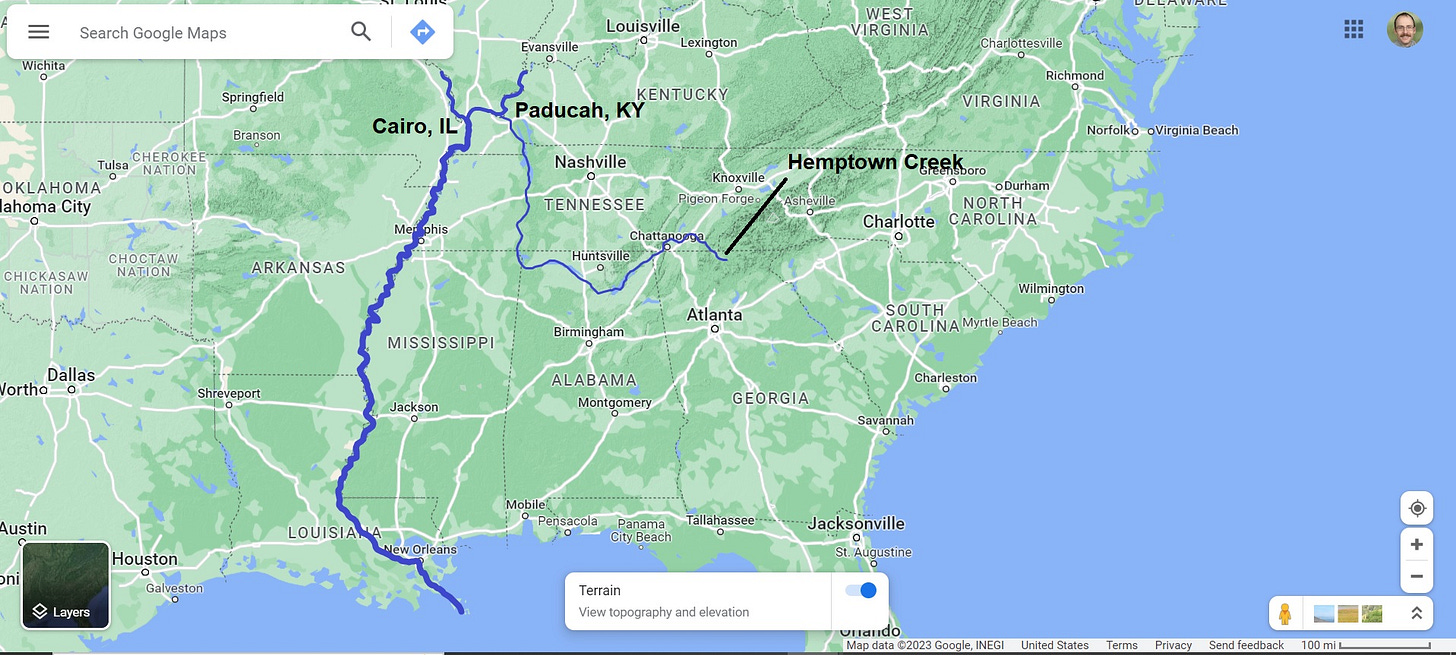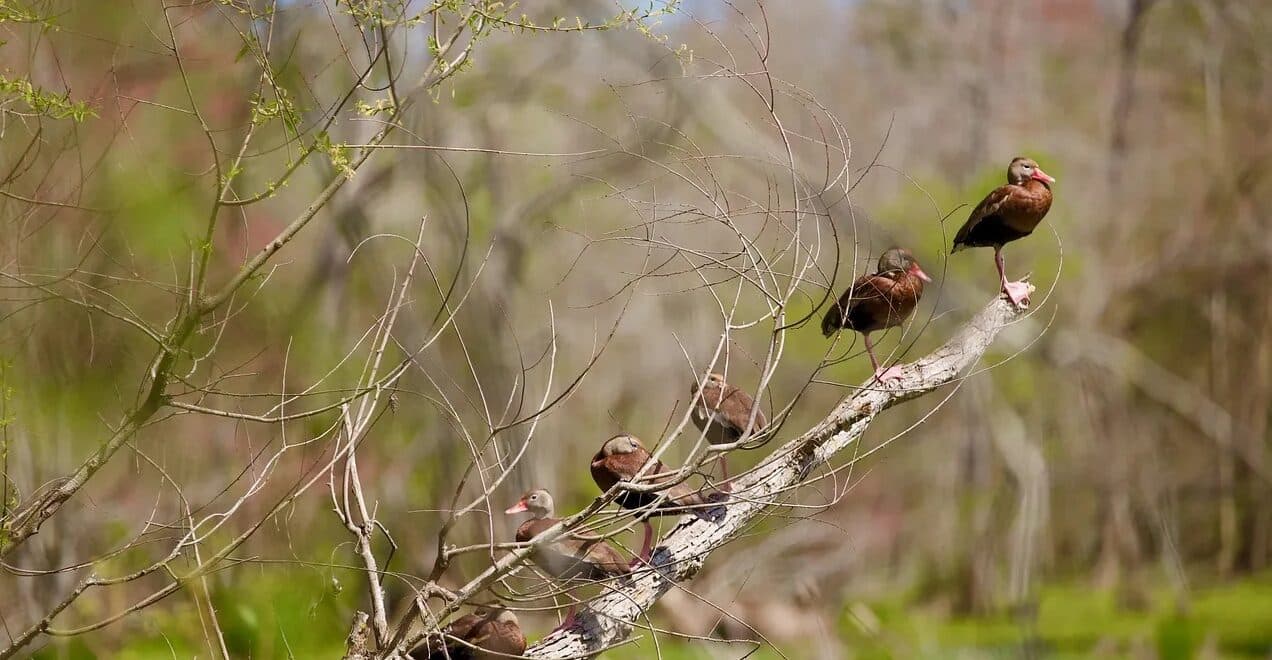Social media taught me that I’m not as smart as I thought. In fact, name any subject and someone knows more about it than I do.
Folks have such different interests, passions, obsessions, and specialties. I love that about social media. It’s full of wizards and whiz kids. I’ve found that someone has a smart, beats-Google understanding on every possible subject in the world.
And it’s fun. It’s real people, engaging with you. You get closer to somebody.
I put this to full advantage as a writer. I often crowd-source ideas and solutions and problems, often via social media. If I don’t know what weed I’m looking at, crowd-source. If I want to know if Mercury is retrograde, ask.
I learned from crowd-sourcing on social media the name of a bird called a black-bellied whistling duck that I spotted in a pond down the road. Before I asked what I thought would be a dumb question, I looked online and also through every bird book I own, and they all said whistling ducks don’t live where I live. Finally I asked, and in five minutes I had a treasure chest of information.
Crowd-sourcing is great for nature writing, which includes a lot of science; and it’s great for creative nonfiction of all kinds.
I found these past months that it’s also great for fiction.
I got so enamored with crowd-sourcing research on social media that I extended it to a book. When I independently published The Woods of Fannin County, I asked readers to please let me know if they spotted an error. I had tried my best to find and fix every single typo or mistake, but for sure:
- Some people know English grammar and rhetoric better than I.
- Some people are better spellers than I.
- Some people know more about every single subject on the earth than I.
In Response, Folks Let Me Know That…
- Baseball doesn’t have a halftime.
- Hemptown Creek doesn’t flow to the Atlantic. It flows to the Gulf.
- A woman who has birthed 10 children is not going to have “full, still beautiful” breasts.
- “The snakes in the fireplace were first identified as timber rattlers. Later, when Bobby is talking to someone, he calls them cottonmouths.”
- And many more.

The person who enlightened me about the Hemptown watershed sent this map. I’m telling you, people are amazing.
A Biologist Uncovers a New Problem
After a while the edits quit coming, so I figured we had them all. But a few weeks ago a biologist found a new one. Here’s her note:
Dear Janisse,
I finally got around to reading your book. What an incredible story. I don’t see how those kids survived, especially the baby. When you first announced the publication, you asked for readers to let you know of any typos or errors. I have one: On page 110. “…sleet had turned to hail.” I always thought hail was associated with summer thunderstorms, not winter storms.
I foresee this book becoming a movie. Don’t you? Wonderful writing.—S.
Okay, Can Sleet Turn to Hail?
Of course I went to Google.
USA Today said, “Sleet forms in winter storms, while hail is a warm-season type of precipitation.” Crap, I thought, I have to make another change in the book. (When you independently publish via Amazon, in order to make an edit you pull down your book file, make the change, then wait for Amazon to approve the changes. Sometimes this can take a couple of days—time that the book is not actually selling. So I’m never happy about having to make edits.)
In the example of hail v. sleet I decided to look farther.
FOX Weather: “Hail is the one frozen precipitation that can fall no matter the date on the calendar or the temperature outside.” But who would trust FOX Weather?
National Geographic Society: “Sleet is type of precipitation distinct from snow, hail, and freezing rain.” Okay, maybe sleet is not hail.
NOAA saved me: “Hailstones begin as embryos, which include graupel or sleet, and then grow in size.” Apparently sleet can turn to hail.
Backing Out of a Rabbit-hole
What began as a simple question got more and more complicated as I read, and suddenly there was a new word I’d never heard before, “graupel,” which some sites distinguished as wet and soft while hail is hard and dry.
At some point I closed down the search. I am not going to peruse meteorology journals to fine-tune the science of winter precipitation.
I’m so grateful that this friend pointed out this possible problem. I would never have known all about this.
The Long and Short of It
One possible shortfall is that crowd-sourcing may make you feel vulnerable. Sometimes when we ask questions of others they scoff at us. You’ll notice that I did not crowd-source the question about sleet and hail. That one felt too risky, as if I should have known the answer.
If you feel vulnerable, don’t put yourself at risk. Use private methods of research. Hire an editor.
Usually I don’t mind looking like a doofus because I’m trying to get something I need. Plus I have a big filter. When I make a mass inquiry, I filter out the mansplaining and womansplaining (which happens, y’all know). I look for hotshots who’re also nice people, which is most of them. Somebody kindly tells me what I need 99 percent of the time.
It’s strange, as if my Friends group is an encyclopedia. I love it.
That’s my pro-tip. Try using your crowd of friends to do your research. Or to edit your work. Or in whatever ways I haven’t even considered. Yet.

Leave a Reply